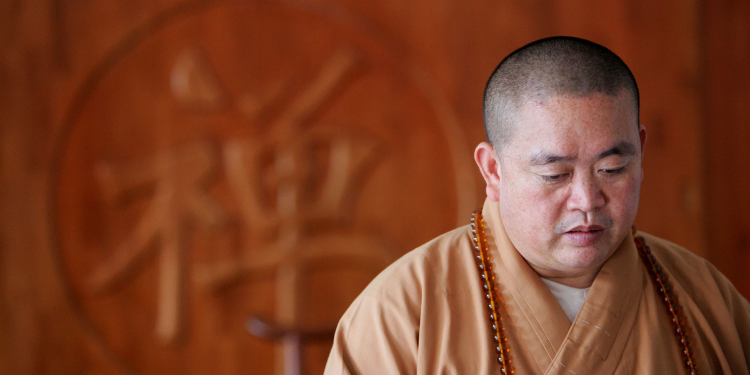Abbot Shi Yongxin, the long-serving head of China’s iconic Shaolin Temple, has been officially removed from his position following serious allegations of embezzlement and misconduct.
The Buddhist Association of China announced that Shi would be disrobed and stripped of his ordination certificate due to behaviour deemed “extremely bad” and damaging to the reputation of the Buddhist community.
Numerous Controversies
Shi Yongxin is accused of:
- Misappropriating project funds and embezzling temple assets over several years
- Using temple-run companies for personal gain, including maintaining a fleet of luxury vehicles 2.
- Turning the Shaolin Temple into a commercial empire, which critics say strayed far from Buddhist values
- Maintained long-term relationships with multiple women, violating his monastic vows 1 3.
- Fathered at least one child, with some reports suggesting more 2.
- Was accused of attempting to flee to the U.S. with mistresses and children, though this claim was later debunked by authorities.
The Buddhist Association of China revoked his ordination certificate, citing behaviour of an “extremely bad nature” that damaged the reputation of the Buddhist community.
A multi-agency investigation is ongoing, with findings expected to be released soon.
Also Read: JKIA Immigration Officers Arrest “Disappearing” Drug Trafficker from Hong Kong
Shi faced similar accusations in 2015, including embezzlement and fathering children, but was cleared by a provincial investigation. The current probe, however, appears far more serious and state-backed.
Abbot Shi Yongxin
Abbot Shi Yongxin, born Liu Yingcheng in 1965 in Anhui Province, China, rose to global prominence as the 30th abbot of the Shaolin Temple, the legendary cradle of Zen Buddhism and kung fu.
He joined the temple in 1981 and officially became abbot in 1999, succeeding his mentor, Abbot Xingzheng.
The Shaolin Temple expanded its global footprint, establishing over 40 cultural centres worldwide.
He spearheaded initiatives like the Shaolin Kung Monk Corps, Shaolin Charity House, and Dew of Chan journal.
He was dubbed the “CEO monk” for his business-savvy approach, turning the temple into a commercial powerhouse with ventures in tourism, martial arts, and media.
He also held influential positions such as Vice Chairman of the Buddhist Association of China and Deputy to the National People’s Congress.
The latest investigation has garnered a lot of eyeballs and public interest as a hashtag related to the Shaolin Temple scandal had garnered over 560 million views on the Chinese social media platform Weibo, as of Monday morning.
The abbot’s last post on his personal Weibo account read: “When one’s own nature is pure, the pure land is here in the present.”
Spiritual Integrity & Modern Branding
From a traditionalist point of view, the core values of Buddhism are simplicity, humility, celibacy, and detachment from materialism.
Also Read: Court of Appeal Upholds Life Sentence for Violent Robber
Many Buddhists argue that turning temples into tourist attractions or monks into celebrities dilutes the Dharma (Buddhist teachings).
Lavish lifestyles, luxury vehicles, and business ventures are seen as betraying monastic vows and eroding public trust.
Proponents argue that branding helps preserve and spread Buddhist culture in a digital, globalized world.
Temples need income to maintain heritage sites, support education, and fund social programs.
Abbot Shi Yongxin turned Shaolin into a global brand with martial arts schools, films, merchandise, and cultural centres, earning both praise and scorn.
Scandals like Shi’s fuel skepticism about whether modern monks are spiritual leaders or corporate executives in robes.
Follow our WhatsApp Channel and X Account for real-time news updates.
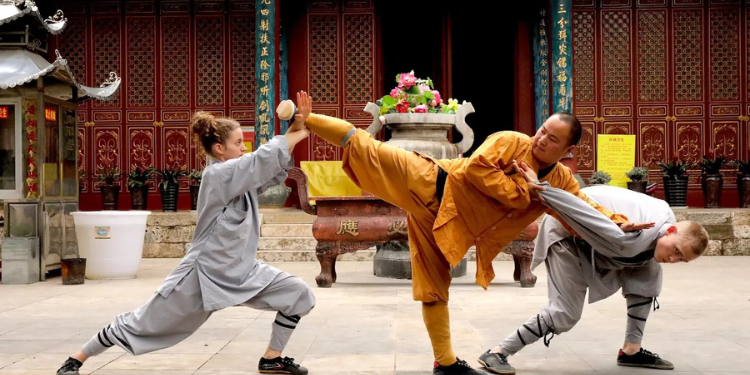
Many Buddhists argue that turning temples into tourist attractions or monks into celebrities dilutes the Dharma (Buddhist teachings).
PHOTO/Shaolintemple.com




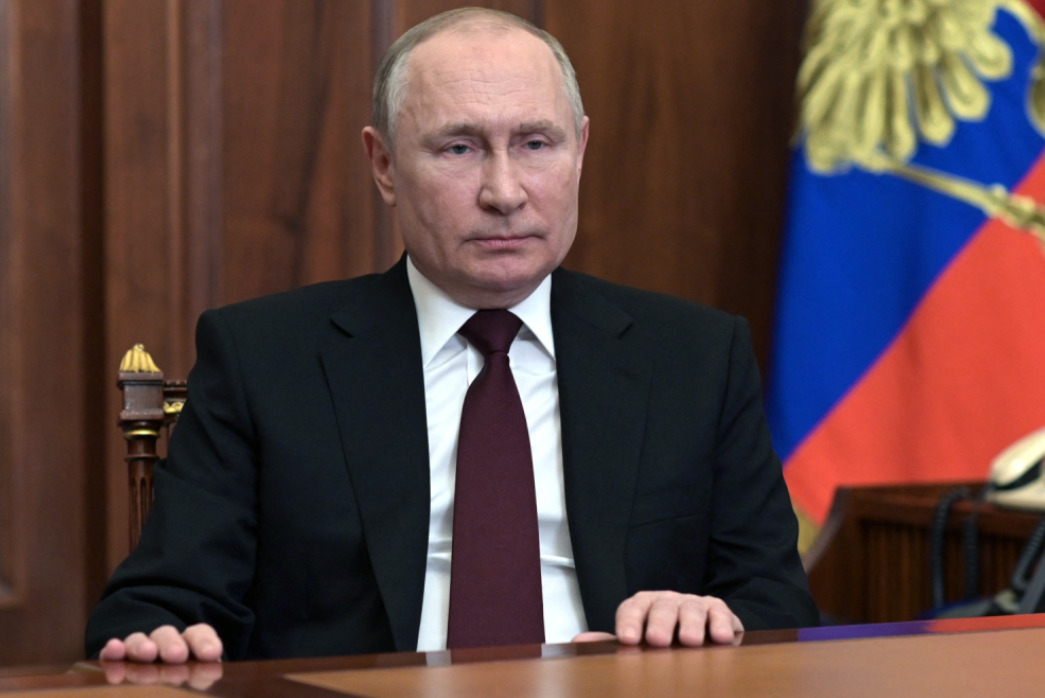

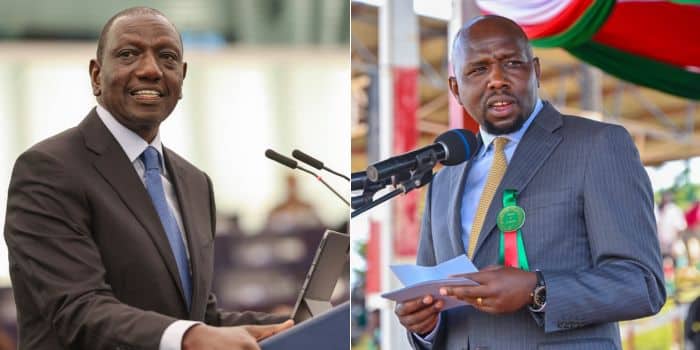

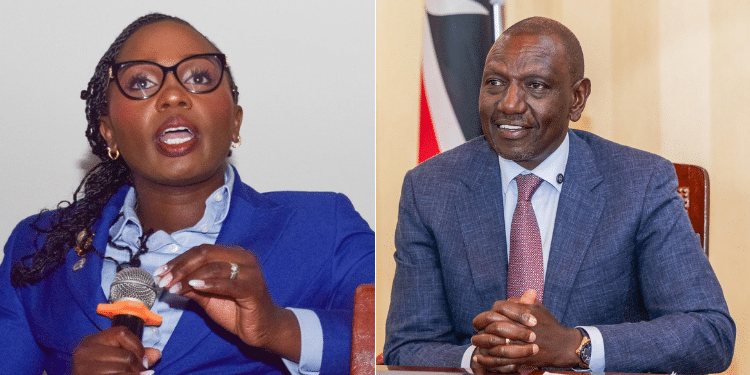







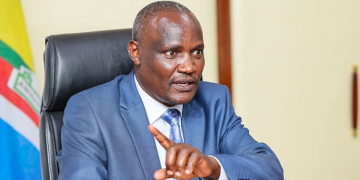
































![Senator Allan Chesang And Chanelle Kittony Wed In A Colourful Ceremony [Photos] Trans Nzoia Senator Allan Chesang With Channelle Kittony/Oscar Sudi]( https://thekenyatimescdn-ese7d3e7ghdnbfa9.z01.azurefd.net/prodimages/uploads/2025/11/Trans-Nzoia-Senator-Allan-Chesang-with-Channelle-KittonyOscar-Sudi-360x180.png)




















